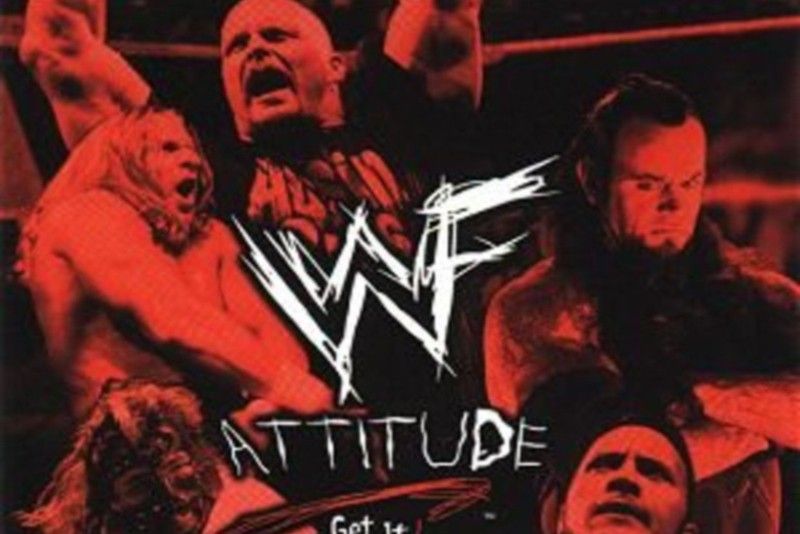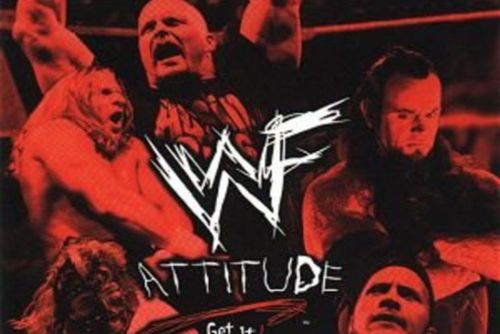
The Attitude Era could not exist in today's WWE

There is no doubt the Attitude Era of WWE spoiled wrestling fans who had become accustomed to the “shock and awe” style Vince McMahon made famous after the decline of Hulkamania. So many times, I have heard fans complain that the reason wrestling is failing to keep them interested is because the premise of “what will happen next” has been taken away from television because of politically correct sensibilities.
Today’s WWE is a mishmash of lackluster matches, programs and poor interviews. All with the intent of making us long for the days of DX, The Nation of Domination and the smell of what The Rock is cooking.
It’s an era that will never live another day in WWE or any other major wrestling promotion. Part of the agony we all feel is reason we watch night after night – we hope the past will recreate itself. We want Vince McMahon to rehash these types of storylines, give us a “thrill” and make us tell everyone we have two words for them – Forget It!
The Attitude Era was a period in the World Wrestling Federation (WWF, known now as WWE) and professional wrestling history that, according to WWE, began sometime in the latter half of the 1990s. The company ceased usage of the official "WWF Attitude" logo – first introduced in December 1997 – in May 2002. The era was marked by a shift to more adult-oriented programming content, which was accomplished in a number of different ways; including an increase in the level of depicted violence and the incorporation of sexually suggestive, horrific, or otherwise politically incorrect characters and story lines created for shock value. Similar to the 1980s professional wrestling boom, the Attitude Era was a surge in the popularity of sports entertainment in the United States as television ratings and pay-per-view buy-rates saw record highs. The Attitude Era is widely regarded as the most recent professional wrestling 'boom'.
The era saw several wrestlers rise to stardom, including Stone Cold Steve Austin, The Rock, Mankind, Triple H, Kurt Angle, and Kane; established star The Undertaker continued his main event prominence, as did fellow veterans Shawn Michaels, Bret Hart, Vader, Sycho Sid and Ron Simmons in the early stages of the era. Wrestlers such as Chris Jericho, Big Show, Chris Benoit and Eddie Guerrero – who were unhappy with their employment in rival promotion World Championship Wrestling (WCW) – jumped ship to WWF to ultimately become headliners for the company (Big Show and Benoit having previously been world champions in WCW). Other prominent Attitude Era performers who later became world champions in WWE were Edge, Jeff Hardy, Bradshaw, Christian and Mark Henry.